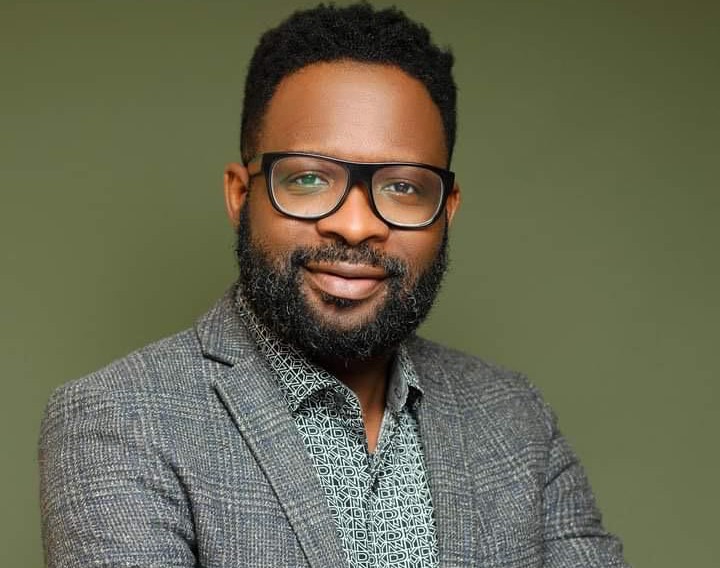In a recent discussion on the future of healthcare in Nigeria, Dr. Ayobami Aranmolate, a Consultant Plastic Surgeon at Grandville Medical and Laser, shared his thoughts on the transformative potential of Artificial Intelligence (AI) in addressing the country’s healthcare challenges.
Speaking on the topic AI and Healthcare: The Future of Healthcare in Nigeria, Dr. Aranmolate described AI as “one of the most innovative technologies of the 21st century” and emphasized its ability to transform the delivery of healthcare by making it more efficient, accessible, and patient-focused.
“AI is already making waves globally,” he said, citing examples of how it has enhanced diagnostics by analyzing medical images and detecting anomalies with remarkable accuracy. “AI tools are now identifying cancers and retinal diseases faster than traditional methods. This level of precision can be a game changer for Nigeria’s healthcare system.”
Dr. Aranmolate also highlighted AI’s role in personalized medicine, which tailors treatments to individual patient needs. “By analyzing patient-specific data, AI can improve outcomes and reduce adverse effects, a significant advancement in patient care,” he explained.
The consultant also pointed out AI’s potential to accelerate drug discovery, reduce administrative burdens, and expand access to telemedicine services. “AI-powered chatbots and virtual assistants are bridging the gap in rural and underserved areas, ensuring more people can access healthcare without the need for physical consultations,” he noted.
With Nigeria’s population exceeding 200 million and the healthcare system grappling with limited infrastructure and workforce shortages, Dr. Aranmolate believes AI could offer practical solutions. “AI can help bridge the gap in rural healthcare delivery, reduce the strain on urban hospitals, and even predict and respond to disease outbreaks like malaria and Lassa fever through predictive analytics,” he said.
However, the journey toward AI-driven healthcare in Nigeria is not without challenges. Dr. Aranmolate acknowledged the country’s infrastructure deficit, emphasizing the need for reliable internet connectivity and electricity to support AI deployment.
“AI relies heavily on digital infrastructure, which is lacking in many parts of Nigeria,” he said.
He also highlighted concerns about data privacy and the need to safeguard patient information to build trust in AI systems.
“The cost of implementing AI is another significant barrier,” he added. “While these technologies can reduce costs in the long term, the initial investment is substantial, and many healthcare facilities may struggle to afford it.”
Dr. Aranmolate believes that overcoming these challenges requires a collective effort. “We need investments in digital infrastructure, supportive government policies, and public-private partnerships to drive scalable solutions,” he said. He also emphasized the importance of education and training, noting that healthcare professionals need to be equipped with the skills to work alongside AI tools.
“By upskilling our workforce and fostering collaborations between the government, tech companies, and healthcare providers, we can ensure a smooth integration of AI into Nigeria’s healthcare system,” he asserted.
Concluding the discussion, Dr. Aranmolate expressed optimism about the future. “AI holds immense promise for addressing Nigeria’s unique healthcare challenges. With strategic investments and collaborations, we can lead the way in AI-powered healthcare across Africa, improving access, quality, and efficiency for millions of people,” he said.
“The future of healthcare in Nigeria is bright,” Dr. Aranmolate declared. “And AI is the catalyst that will drive this transformation.”






